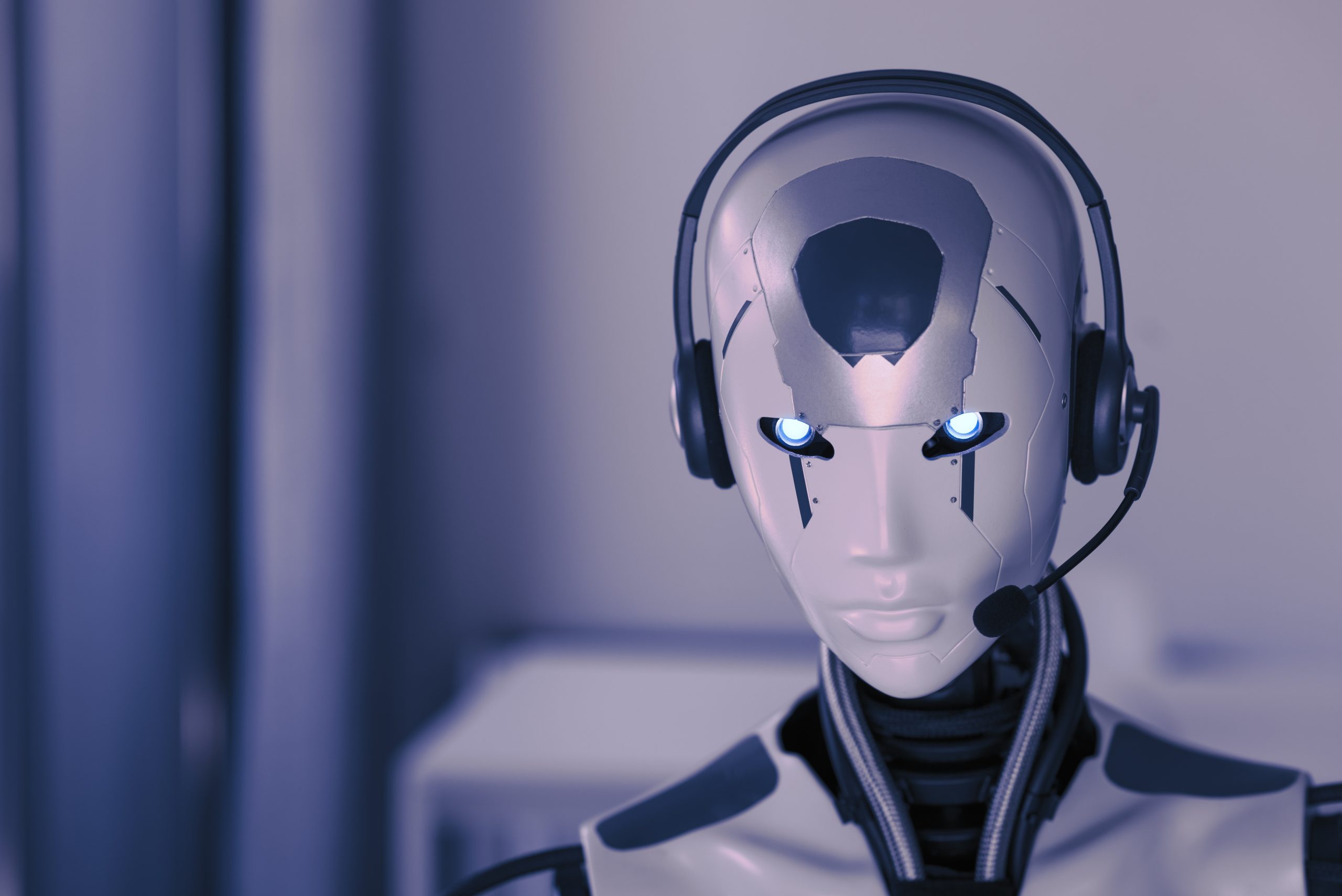
Artificial intelligence is no longer just a tool for data analysis—it’s becoming an active agent that makes decisions, manages processes, and even takes on leadership roles. But what would happen if an entire organization were led by AI?
This question signals a fundamental shift in how future companies will be structured and governed. We are entering a world where autonomous decision systems can make complex choices without human intervention. But in this new reality, what becomes of the leader? Is leadership now in the hands of algorithms?
Who Makes the Decisions Now?
In traditional organizations, decision-making followed this path:
- Data collection
- Human evaluation
- Risk analysis
- Final decision by a manager
AI has radically altered this cycle. Now:
- Data can be collected in seconds
- Multiple scenarios generated in milliseconds
- Actionable insights created instantly
Autonomous decision systems can now handle this entire process independently—often faster, more consistently, and more data-driven than any human.
What Are Autonomous Decision Systems?
These are AI-powered infrastructures capable of making decisions on their own using defined rules, machine learning models, and real-time data.
These systems can manage many processes independently,
- From financial investments to inventory management,
- From customer relations to recruitment.
For example, an e-commerce platform can use AI to analyze customer behavior, dynamically adjust pricing, optimize inventory, decide which products to promote—all autonomously.
A New Leadership Model: Human + AI
This evolution is transforming the very definition of leadership. Leadership is no longer just about setting vision and making decisions. It now also means:
- Collaborating with AI
- Auditing algorithmic decisions
- Ensuring ethical and transparent data use
- Keeping human values at the core
The next-generation leader must be:
- Data literate, but not just technically—understanding the social impacts of data.
- Strategic thinker, yet collaborative with algorithms in decision-making.
- Empathetic, because artificial intelligence lacks emotional intelligence.
- Committed to transparency and accountability principles.
In short, the leader of the future will be a hybrid guide—bridging the gap between human insight and machine intelligence.
Advantages and Opportunities
Organizations managed by artificial intelligence come with key advantages:
Operational Efficiency
AI automates repetitive tasks, saving both time and costs.
Better Decisions
Data-driven decisions are free from bias and focused on results.
Scalability
AI-powered systems can handle vast datasets and make real-time decisions, strengthening the dynamic structure of the organization.
Feedback Loop
These systems can analyze their own performance and continuously improve themselves.
Risks and Question Marks
Of course, every transformation brings its own set of risks:
- Lack of transparency in decision-making (black-box algorithms)
- Unethical choices and data bias
- Loss of human touch
- Overreliance on AI and loss of control
That’s why organizations must support autonomous decision-making systems with ethical principles, monitoring mechanisms, and human-centered design.
Future Scenarios: Will CEOs Be Replaced by AI?
Is a fully AI-led company possible? Yes—but not yet.
Some companies today are taking experimental steps with AI-powered governance models. For example, DAOs (Decentralized Autonomous Organizations) operate based on defined rules and manage themselves. However, real life includes emotions, uncertainty, crises, and social dynamics—making fully human-free leadership models still out of reach. But one thing is clear: AI will not replace decision-makers, it will reshape decision-making processes as a leadership partner.
The Future of Collaboration, Not Authority
AI won’t take over leadership—but it will transform it. In organizations working with autonomous systems, what matters is not only how decisions are made, but who supervises them and why they are made. The winners of the future will not be those who merely integrate technology, but those who can unite humans, data, and ethics in a single vision.
